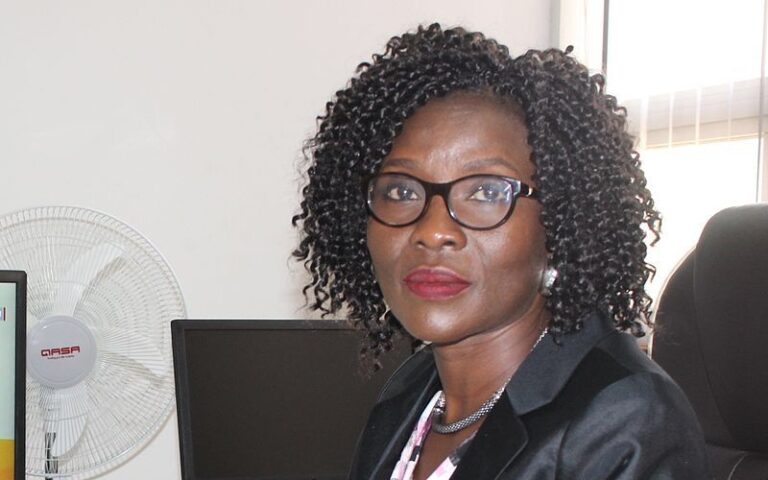
Beatrice Jedy-Agba, the solicitor-general of the federation, says only a small fraction of cybercrimes are prosecuted and adjudicated.
Ms Jedy-Agba said this at the closing ceremony of the ‘Training of Trainers on Cybercrime and Electronic Evidence for Judges and Prosecutors’ in Abuja.
The event was under the Global Extended Action on Cybercrime (GLACY+) in Nigeria, West African Response on Cybersecurity, and Fight against Cybercrime (OCWAR-C), both EU-funded projects, in collaboration with the Federal Ministry of Justice.
She noted that Nigeria acceded to the Council of Europe’s Budapest Convention on Cybercrime ETS No. 185 in July 2022, the most relevant close-to-global existing legal framework on cybercrime and one of the benefits for member states is capacity building in the area of cybercrime.
“It goes without saying that digital transformation has essentially redefined life, particularly in the post-covid era and while it has benefits, there are resulting challenges, which include the increase in cybercrimes,” said the solicitor-general.
She said that the global nature of this menace, sometimes described as a “phenomenon without borders”, makes it imperative for countries to seek to build the capacity to combat it effectively.
“Hence, the efforts of the international organisations in cyber capacity building cannot be overemphasised.
“The increasing reliance on electronic evidence not only for cybercrimes but even traditional crimes, which may not be located in the territory where the case is investigated, makes it even more imperative to build capacity on its use.
“Therefore, the continuous need to train and retrain criminal justice sector authorities cannot be overrated as it will enhance their ability to effectively apply cybercrime legislation and respond to the challenges it poses,” she said.
She said that as a commitment to the fight against cybercrimes and the capacity building of the criminal justice authority, the Minister of Justice inaugurated the Reconstituted Global Action on Cybercrime Extended (GLACY+) National Co-ordination Team with membership from key stakeholders.
She commended the justices of the Federal High Court who took out time to be participants in the training and also the prosecutors from the relevant Ministries, Departments and Agencies.
The chief judge of the Federal High Court (FCT), John Tsoho, represented by Justice Inyang Ekwo, expressed his delight at the training aimed at effective justice delivery in the country.
Mr Tsoho noted that cybercrime is a global issue, and he is convinced that building effective repositioning of knowledge will bring about skilled prosecution and effective judicial proceedings.
(NAN)


